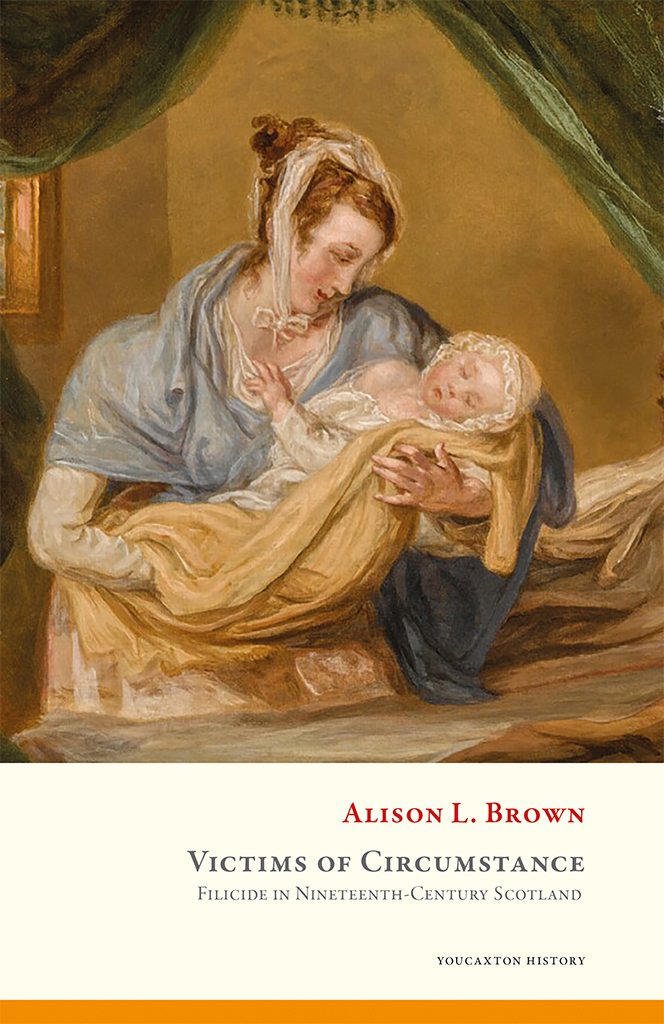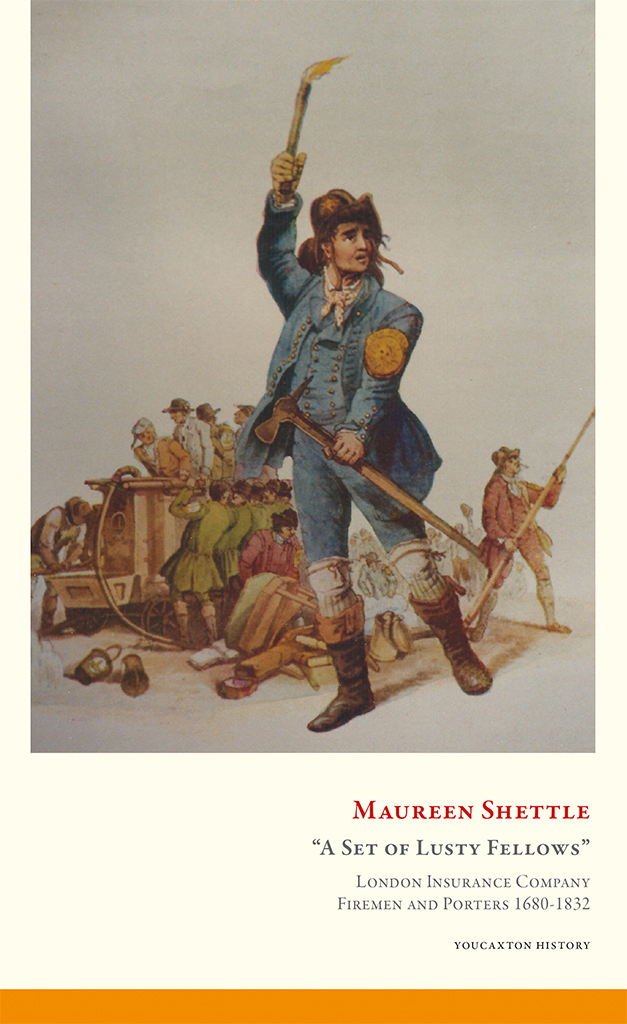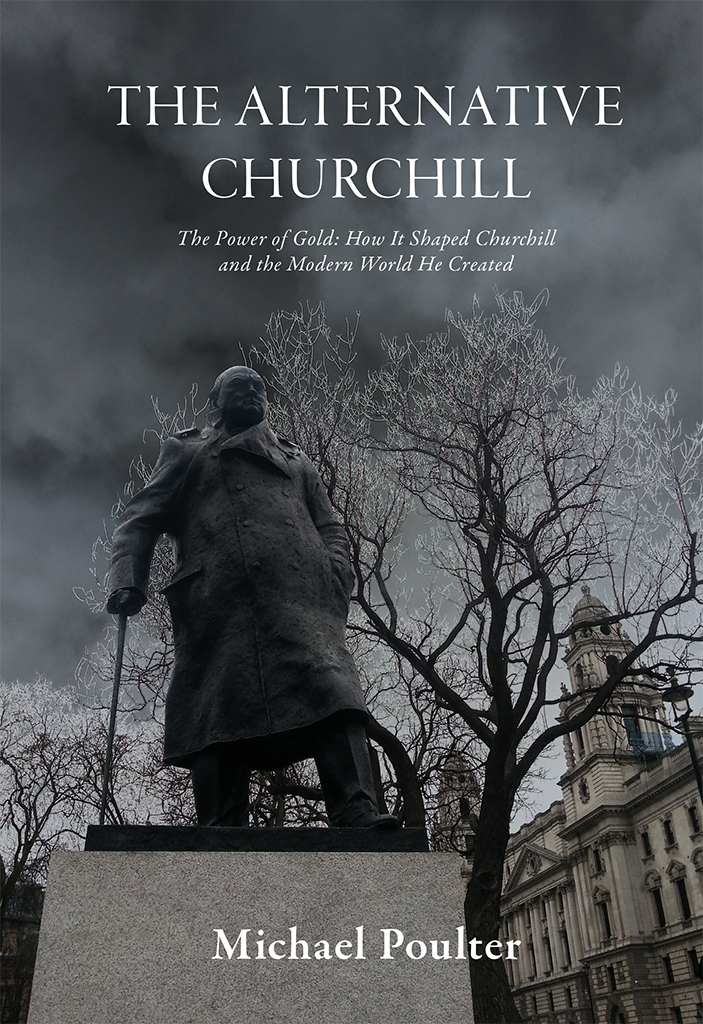The Alternative Churchill
by Mike Poulter
Churchill’s status as the titanic UK figure of the 20th Century is open to question. This book argues that, rather than being the saviour of civilisation, Churchill was the proximate cause of civilisation’s near destruction through his part in causing the two world wars.
Mike Poulter begins by tracing the influences behind Churchill’s rise to become a national politician. Names rarely mentioned in other Churchill biographies loom large: Rhodes, Cassel, Abe Bailey and Strakosch. Churchill’s personal and financial dependence on these very influential individuals, who controlled South African Gold and its supply to London, is vividly described.
The tentacles of South African gold spread world-wide. As the tale unfolds, we see that the Boer War was fought in its interest and the First World War was part of that same endeavour. Coincidentally, or perhaps not, in 1925, as Chancellor of the Exchequer, Churchill returned Britain to ‘their’ Gold Standard, a decision that led directly to the Great Depression, the drastic unemployment of working people and the General Strike. A similar sorry tale unwinds through the 1930s when the interests of Strakosch, Bracken and Churchill were closely entwined and Churchill advocated for another, unnecessary World War, the arrival of which displayed Churchill’s strategic ineptitude.
Among this sad cast-list there are, fortunately, some heroes: Alanbrooke, Dowding, Cunningham, Keynes and Sutherland. Indeed many heroes - all the courageous military and civilians who fought and suffered throughout Churchill’s wars.
This persuasive book finishes on a more hopeful note. Post 1945, the heroes were Attlee and Bevan, two men who helped create our future from the debris of the war by founding the National Health Service and the Welfare State.
Educated at St. Ignatius College London, Mike Poulter studied Philosophy/ Theology at The Venerable English College and Gregorian University, Rome during Vatican Council 2 and the Cuban Missile crisis. He met two Popes, 3 Prime ministers and other leaders and pondered ‘What Is Politics For’?
His answer: ‘the creation of a very local, national and indeed an international Community, each safe for the development of properly functioning human beings’ turned him towards social work and politics. He had a professional life 30 years as a Probation officer. Politically: 3 times a parliamentary candidate, as a County Councillor he held seriously responsible posts as Chair : Social Services 1984-92, then Highways, Fire Authority and the Staffordshire Police Authority 2001-2009 for which he received the MBE from Queen Elizabeth.
For more: michaelpoulter.org.uk







